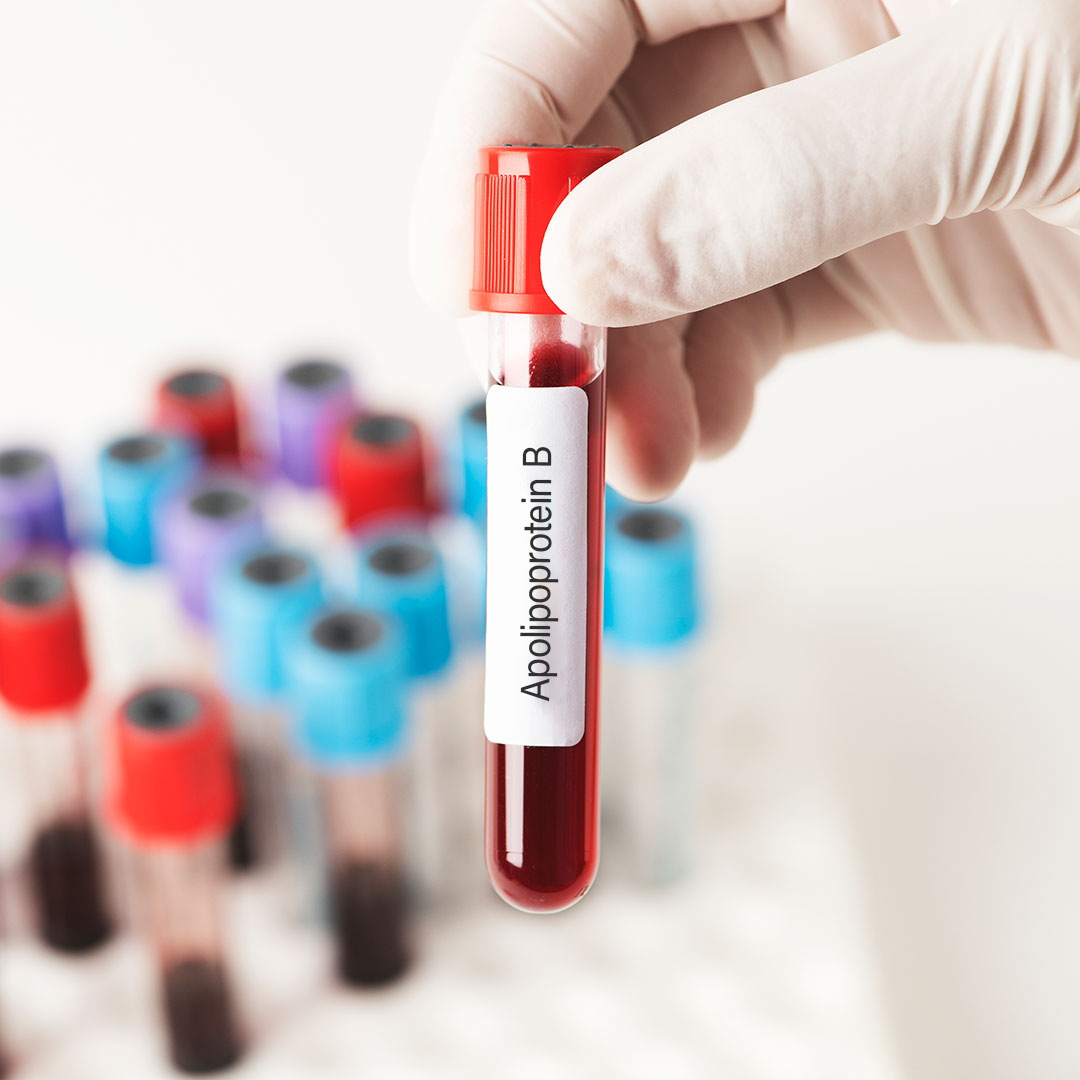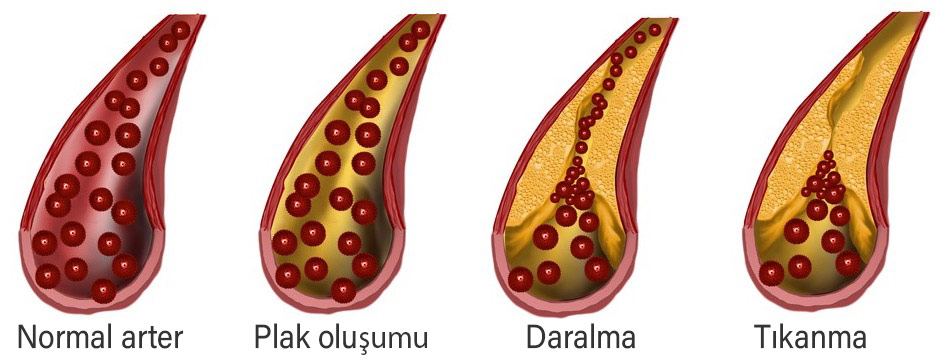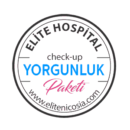A New Cholesterol Marker in Cardiovascular Health: Apolipoprotein B

A New Cholesterol Marker in Cardiovascular Health: Apolipoprotein B
Cardiovascular disease (CVD) remains one of the leading causes of death worldwide. Therefore, understanding the risk factors and markers associated with cardiovascular diseases is important in order to prevent the diseases. While cholesterol has long been recognized as playing a central role in the development of CVD, recent research suggests that apolipoprotein B (apoB), rather than total cholesterol or LDL cholesterol, may be considered a more accurate marker. In this article, we will examine the relationship between cholesterol, apoB, and cardiovascular health.
Cholesterol and Cardiovascular Risks
Cholesterol is a fat-like substance found in our blood and plays a critical role in various body functions, including the formation of cell membranes and hormones. However, excess cholesterol can cause fatty deposits in the arteries. This accumulated fat in the veins, especially the arteries, increases the risk of heart disease and stroke.

Traditionally, total cholesterol levels and the ratio between low-density lipoprotein (LDL) cholesterol and high-density lipoprotein (HDL) cholesterol have been used to assess cardiovascular risk. High LDL cholesterol levels have been associated with an increased risk of CVD, while high HDL cholesterol levels are considered protective. However, these markers do not tell the whole story.
Apolipoprotein B: The Missing Piece of the Puzzle
Apolipoprotein B is a protein that plays a fundamental role in lipid metabolism. It is an important component of LDL particles that carry cholesterol from the liver to cells throughout the body. Each LDL particle typically contains one molecule of apoB. It is also known that other types of lipids, known as VLDL and Lipoprotein a, which increase the risk of atherosclerosis, that is, vascular occlusion, contain a molecule of apoB. This is where ApoB emerged as a new marker for cardiovascular risk assessment. The fact that each of the blood lipids that increase cardiovascular risks contains this protein causes the total amount of this protein to increase. In this case, we can think that it shows the sum of all 'bad cholesterol' elements, not just LDL.
Recent studies have shown that apoB has a higher sensitivity and specificity than LDL-C in predicting cardiovascular events such as myocardial infarction (MI) in both men and women, regardless of age.
ApoB/ApoA1 Ratio
Besides apoB, another important marker is the apoB/apoA1 ratio. ApoA1 is the major structural protein of high-density lipoprotein (HDL) particles and is known for its protective role in cardiovascular health. The ratio of apoB to apoA1 provides an important insight into the balance between atherogenic and anti-atherogenic particles in the bloodstream.
A high apoB/apoA1 ratio indicates an increased risk of CVD because it indicates a preponderance of atherogenic particles. Conversely, a lower ratio indicates a more favorable lipid profile and reduced cardiovascular risk.
The recognition of apolipoprotein B as a new marker for cardiovascular risk carries important clinical implications. Using apoB measurements, healthcare professionals can identify individuals at high risk for CVD, allowing for more targeted interventions such as lifestyle changes and medications.
Additionally, this new marker has the potential to improve risk assessment, especially in special populations such as familial hypercholesterolemia or metabolic syndrome, when traditional cholesterol markers may not provide a complete picture.
In conclusion, while cholesterol has long been at the forefront of cardiovascular risk assessment, the emergence of apolipoprotein B as a new marker has provided a more precise tool to more precisely assess CVD risk. In particular, the apoB/apoA1 ratio helps us to understand more deeply the lipid profile and the balance between atherogenic and anti-atherogenic particles in the bloodstream.
Dr. Ahmet Ozyigit, MD
Elite Research and Surgical Hospital
Contact Us For Appointment:
Telephone line: 0392 444 3548 (ELIT)
Contact Form: https://www.elitenicosia.com/iletisim/

















